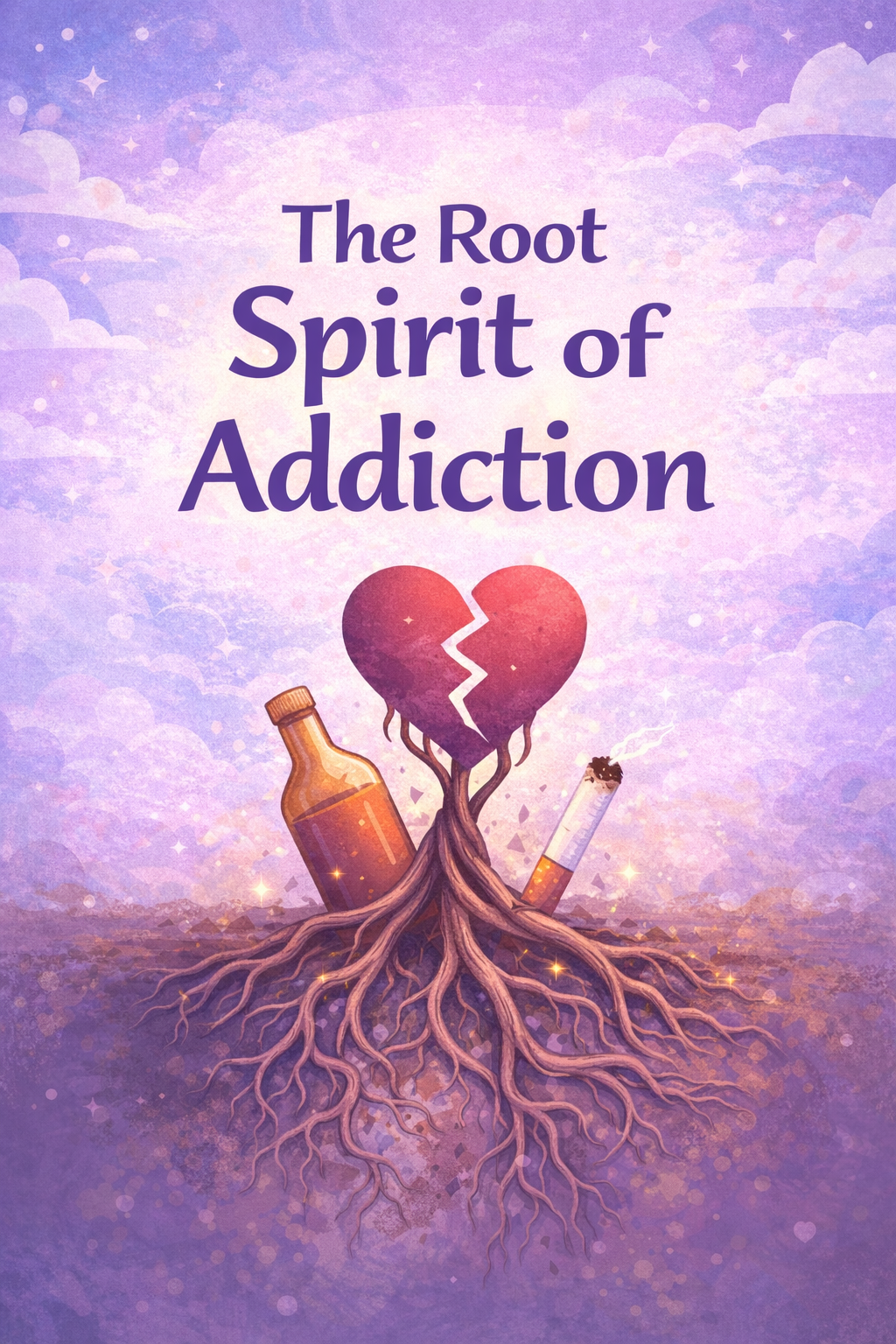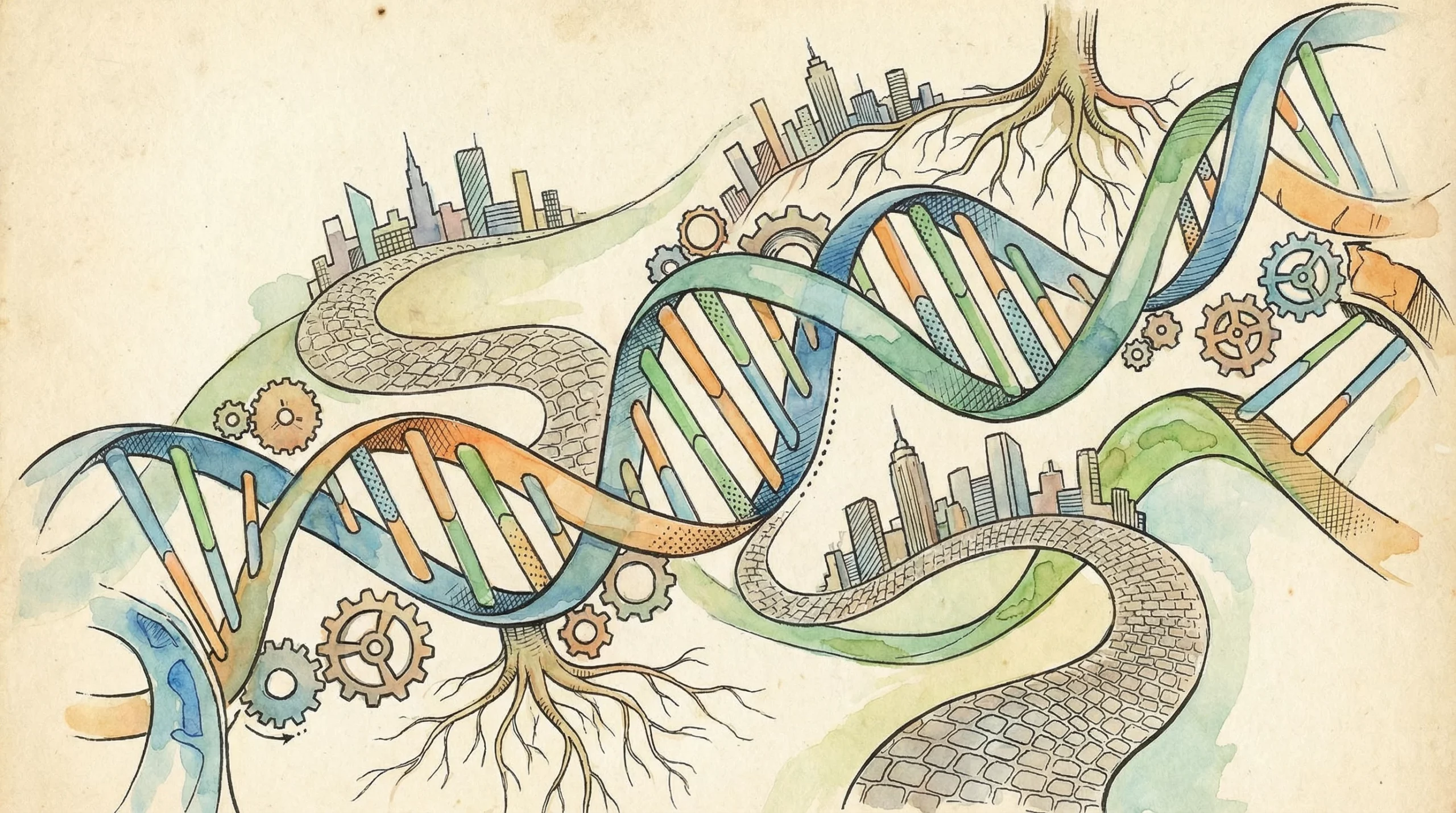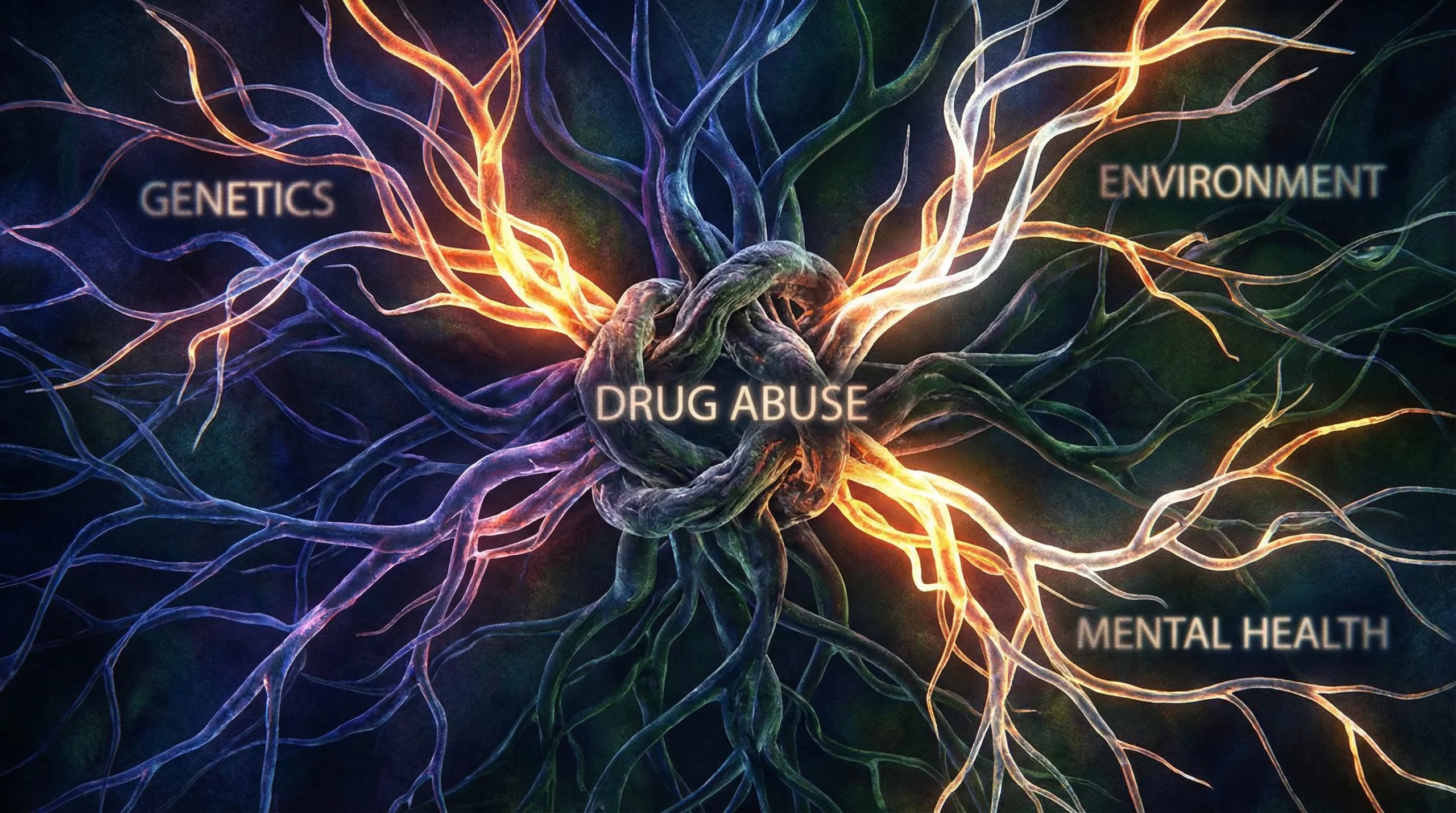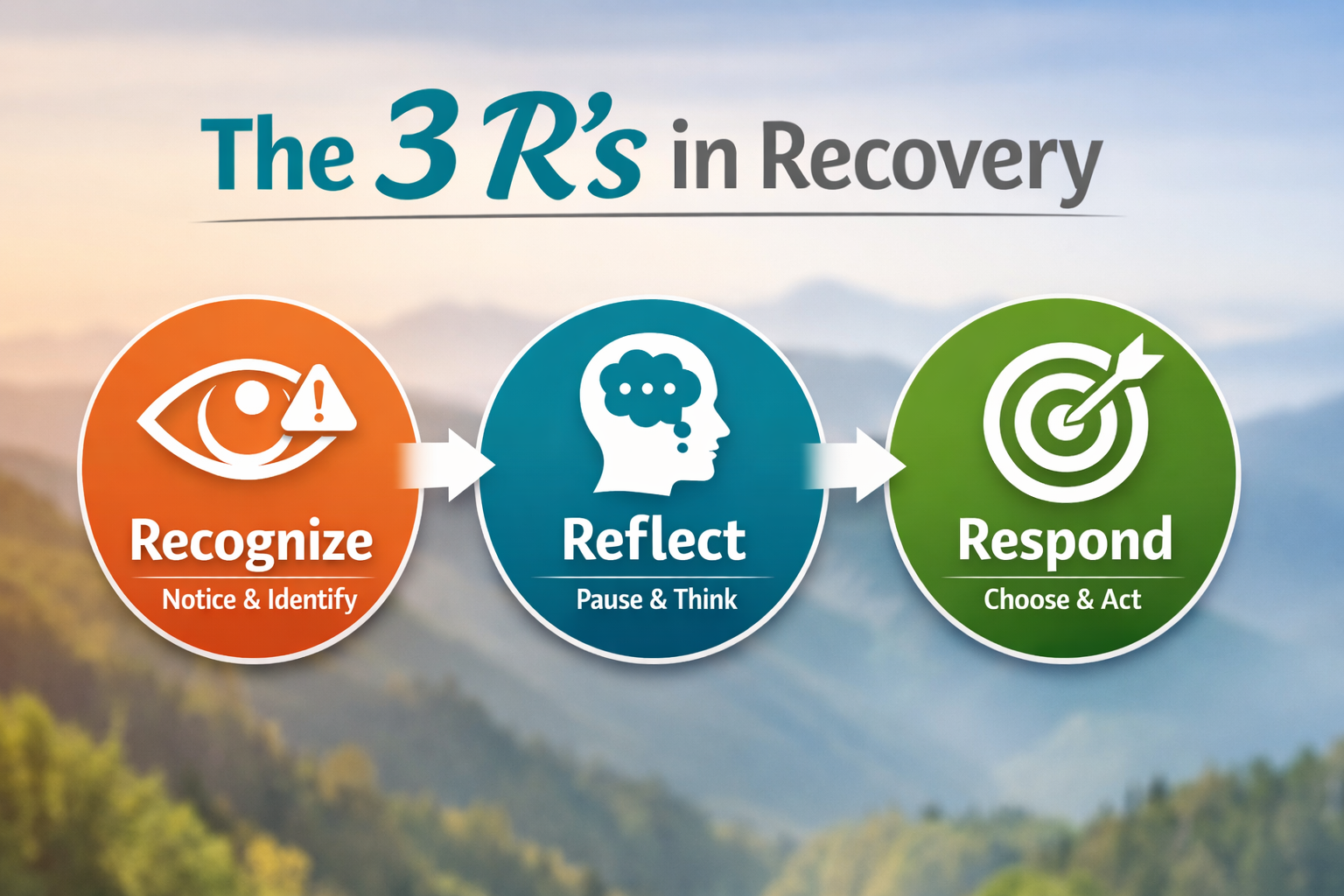The Most Addictive Substances
Addiction isn’t just about willpower or bad choices. The way certain substances mix with our brains can make them nearly impossible to put down, even for people who never planned on heading in that direction. I’ve noticed plenty of curiosity around why some drugs are much more habit-forming than others, so I’m breaking down what … Read more









